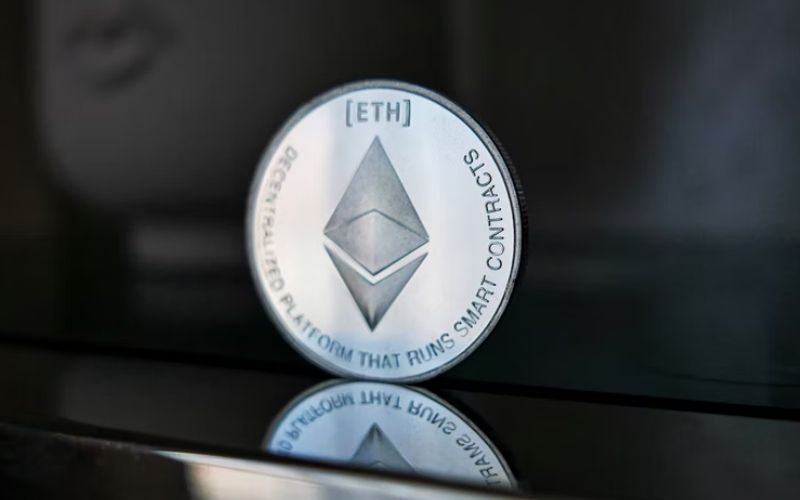Ethereum co-founder Vitalik Buterin admitted that high network fees continue to threaten the vision of a decentralized economy.
Vitalik Buterin discusses the Ethereum situation
In an interview with Time magazine, Buterin said high network fees reduce Ethereum’s usability.
When it comes to Ethereum usability, fees are a huge issue, especially outside of the financial applications that are dominating.
In addition, Buterin expressed frustration with the high fees and how they affect the implementation of individual projects. However, he expressed hope that fees will decrease if sharding is introduced.
“The thing that currently prevents the use of Ethereum for cool things is only fees. This seems like a boring answer; “There’s a big social problem with Ethereum, and the biggest reason for that is one technical thing that wasn’t done fast enough,” he said.
Nevertheless, the co-founder of Ethereum believes that solving problems like gas charges may make Ethereum a platform to introduce real socio-political change.
Fees are falling
Ethereum has been criticized for its high network fees, but the data already shows some change. Gas charges for the ETH blockchain have dropped to a six-month low this year.
Gas charges increased mainly in 2021, which experts attribute to the increase in interest in non-fungible tokens (NFT) and decentralized finance (DeFi).
Today, Ethereum is also working on introducing a Proof-of-Stake mining algorithm to its network. This is to be part of a broader reform – Ethereum 2.0. The update will enable many revolutionary changes, important for both developers and investors. Most analysts are also of the opinion that they will eventually lead to a huge jump in the ETH rate.


Comments are closed.